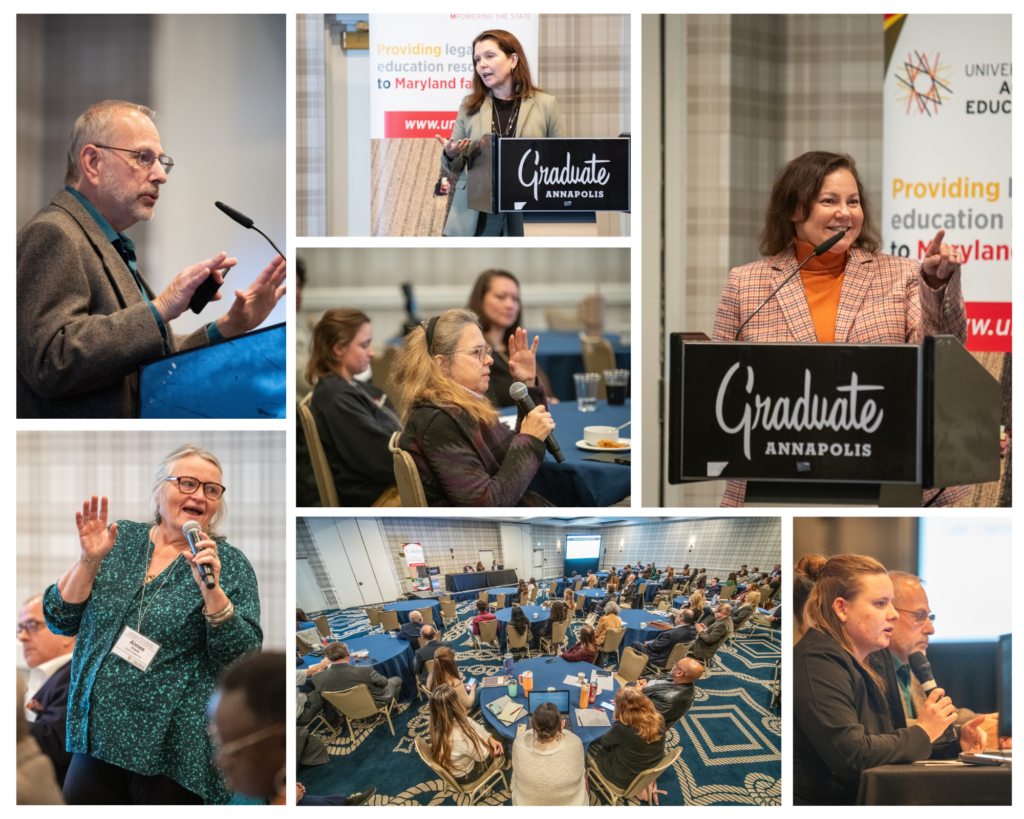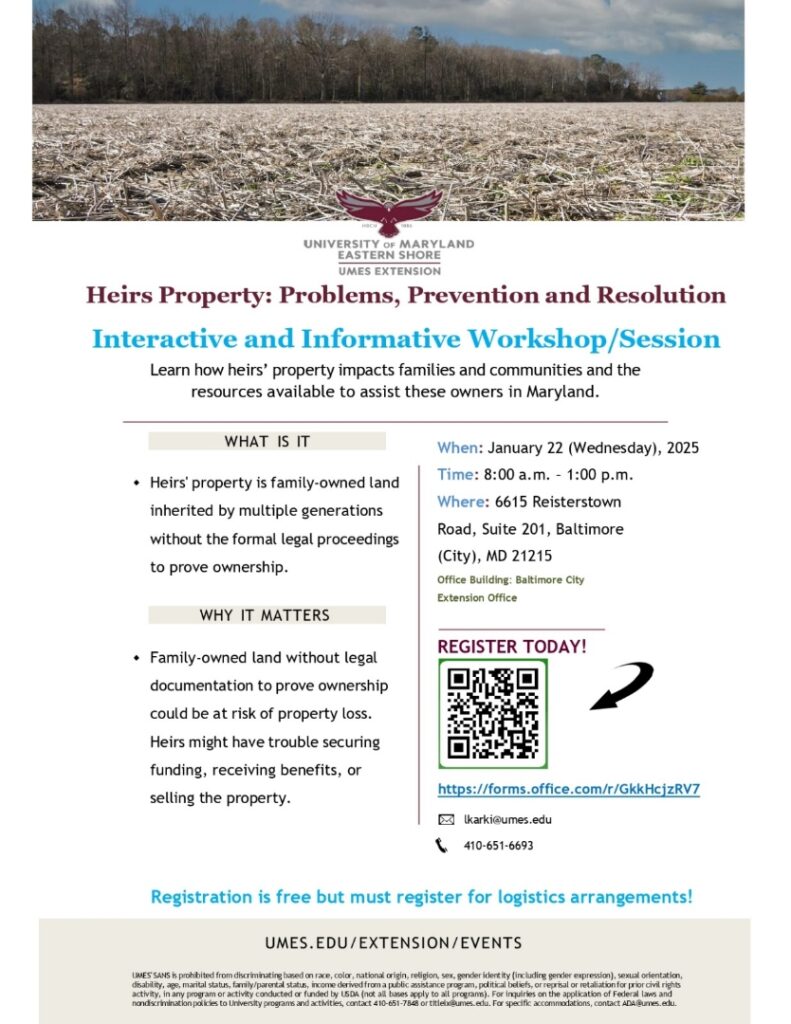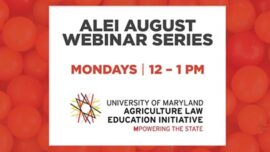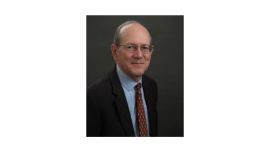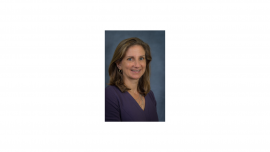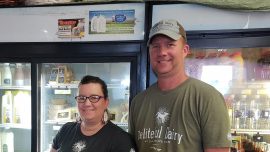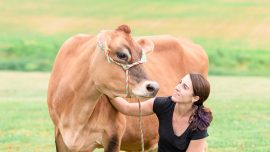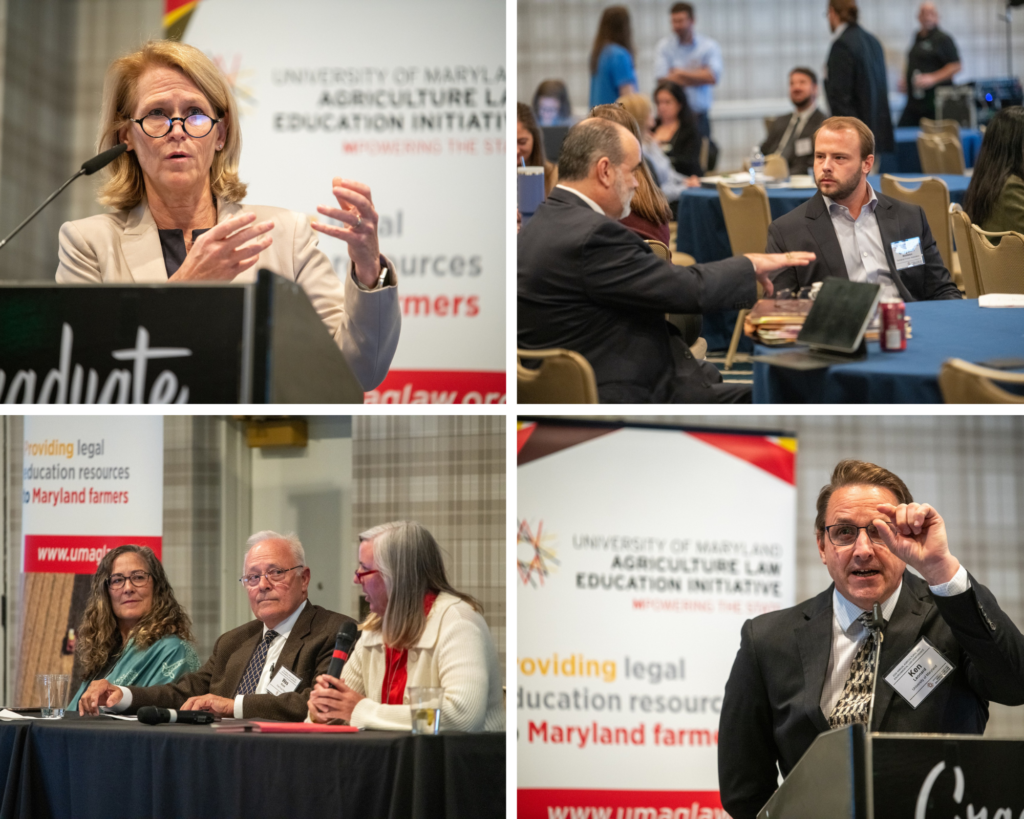
Overview
The Agriculture and Environmental Law Conference held in November 2024 was a significant event that brought together researchers, business owners, farmers and landowners, lawyers, and more in the field of agriculture and environmental law. The conference aimed to address current challenges, share insights and network, and explore innovative research in these critical areas.
Remarks and Addresses
Opening Remarks
- The conference commenced with opening remarks from Dr. Moses Kairo, Dean, School of Agricultural and Natural Sciences at the University of Maryland Eastern Shore (UMES)
Pre-Lunch Address:
- The panel discussions were broken up by a lunch where everyone in the room would socialize, network, and discuss topics thus far in the day. The pre-lunch address was given by the University of Maryland Francis King Carey School of Law Vice Dean, Deborah Thompson Eisenberg
Closing Remarks:
- The conference concluded with closing remarks from Dr. Jennifer Rice; Senior Vice President and Provost, University of Maryland
Panel Discussions
- Several panel discussions covered a range of topics, including:
- Recent Developments in Right-to-Farm: The Right-to-Farm panel brought together two renowned experts: Professor Jesse Richardson Jr. from WVU School of Law and attorney Anthony Gorski, Esq. This dynamic duo explored recent developments in Maryland’s Right-to-Farm law and the potential ripple effects of ongoing litigation on the state’s agricultural landscape. Adding a broader lens, the discussion also tackled national challenges facing farmers under similar laws.
- Planning for the Future of Value-Added Agriculture: Debates on how to best regulate value-added agriculture have been ongoing in Maryland. This panel expanded upon previous years’ discussions on the various zoning, land use, and tax considerations for value-added agriculture. Legal experts and professors provided an overview of their national research on how states across the U.S. have tackled these same issues when establishing laws and regulations for value-added agriculture. To bring it back home, because agricultural sectors vary significantly across states, the panel also included a local planner’s perspective on how county governments in Maryland continue to increase cross-departmental communication to assess the economic development opportunities when planning for the future of value-added agriculture.
- Updates on Maryland’s Food Processing Residuals Utilization Permitting Law: This panel focused on Maryland’s new food processing residuals law, which took effect in July. Food processing residuals are organic waste materials generated when agricultural products are processed for human or animal consumption. These residuals are often applied to farmland because they provide critical nutrients for the soil. The new rules aim to address community concerns about nuisances like odors, bugs and truck traffic associated with the production, transportation and land application of the residuals. Hans Schmidt, Assistant Secretary for Resource Conservation at the Maryland Department of Agriculture (“MDA”), and Dwight Dotterer, MDA’s Nutrient Management Program administrator, detailed MDA’s new regulations requiring permits for food processing residuals and outlined stricter standards for their application.
- 2024 Ag and Environmental Review and What to Look Out For in 2025: Paul Goeringer, JD, LLM, MS, and Principal Faculty Specialist at the University of Maryland College Park, delivered a must-hear presentation on the latest in agricultural law for 2024 and key trends to watch for in 2025. This engaging annual session dove into a wide range of issues, from additional insights on right-to-farm laws to critical updates in environmental legislation. Goeringer tackled topics shaping Mid-Atlantic agriculture, including pivotal legal decisions influencing estate planning, agricultural labor, and production practices. One standout issue for 2025 is the growing importance of understanding seed patent protections and the restrictions on replanting harvested seeds. His insights equipped attendees with the knowledge to navigate these complex challenges and stay ahead in the ever-evolving agricultural landscape.
- Farm Donations: Good Samaritan Laws and Incentive Programs: This panel shed light on the entire process of food donation from production to delivery and covering the federal and state laws that apply to donated foods, general liability issues, incentives for donating foods, and additional considerations like receiver relationships and requirements. According to the Sustainable Development Goals, reducing food waste and loss is critical to reduce production costs and increase the efficiency of the food system, improve food security and nutrition in communities, and contribute towards environmental sustainability by reducing greenhouse gas emissions. Farmers can make donating food part of their farm business planning as a way to combat food insecurity and increase their farm viability. Kathleen Hoke, professor at University of Maryland Francis King Carey School of Law and director of the Legal Resource Center for Public Health Policy highlighted recent changes to federal Good Samaritan laws, which aim to reduce food waste and food insecurity while protecting farmers who donate food from liability. First Fruits Farm Chief Operating Officer, Wes Krock, discussed how his organization grew from “a backyard garden to distributing about 5 million pounds of produce this year.” And Amy Cawley, Manager of the Farm to Food Bank program for the Maryland Food Bank, shared the food bank’s practices in working with farmers to increase food donations.
- Solar Development in Maryland: The Solar Development in Maryland panel delved into Maryland’s evolving renewable energy landscape. Featuring Bob Sadzinski (Maryland Department of Natural Resources), Elizabeth Thilmany (University of Maryland), and Dr. Drew Schiavone (University of Maryland Extension (UME)), the discussion covered the regulatory framework, including the Certificate of Public Convenience and Necessity (CPCN) process, and highlighted distinctions between utility and community solar projects. The session also explored UME’s nascent agrivoltaics research, renewable leasing considerations, and the sharing of the prototype solar mapping tool [go.umd.edu/solar_tool]. As one attendee noted, mapping resources are “vital for municipalities and the Public Service Commission to properly site large solar arrays during the CPCN process.” This insightful panel offered perspectives on the state’s regulatory framework, upcoming UME research and outreach initiatives, and tools and resources for tracking and guiding solar development in Maryland.
Presenters
- Recent Developments in Right-to-Farm
- Tony Gorski, Esq., Principal – Anthony G. Gorski LLC.
- Prof. Jesse Richardson, Esq., Professor of Law and Lead Land Use Attorney, West Virginia University College of Law
- Planning for the Future of Value-Added Agriculture
- Prof. Peggy Kirk Hall, J.D., Director and Associate Professor, Agricultural and Resource Law Program, the Ohio State University
- Prof. Jesse Richardson, Esq., Professor of Law and Lead Land Use Attorney, West Virginia University College of Law
- Stephanie Jones, Long Range Principal Planner, Queen Anne’s County Planning and Zoning
- Updates on Maryland’s Food Processing Residuals Utilization Permitting Law
- Hans Schmidt, Maryland Department of Agriculture’s Assistant Secretary, Resource Conservation
- Dwight Dotterer, Maryland Department of Agriculture, Nutrient Management Program Administrator
- 2024 Ag and Environmental Review and What to Look Out for in 2025
- Paul Goeringer, Principal Faculty Specialist and Extension Specialist, University of Maryland
- Farm Donations: Good Samaritan Laws and Incentive Programs
- Prof. Kathleen Hoke, J.D., MPH, Director, Legal Resource Center for Public Health Policy, and Network for Public Health Law-Eastern Region, University of Maryland – Baltimore, Francis King Carey School of Law
- Amy Cawley, Farm to Food Bank Manager, Maryland Food Bank
- Wes Krock, Chief Operating Officer, First Fruits Farm
- Solar Development in Maryland
- Elizabeth Thilmany, Faculty Specialist, Department of Agricultural and Resource Economics, University of Maryland,
- Dr. Drew Schiavone, Agent and Energy Conservation and Technology Specialist, University of Maryland Extension, University of Maryland,
- Bob Sadzinski, Director, Power Plant Assessment Division, Maryland Department of Natural Resources
Closing
Thank you to all participants, special guests, speakers, and attendees for contributing to the tremendous success of the Agricultural and Environmental Law Conference. It was a remarkable effort and cooperation from many departments and resources. We eagerly anticipate next year’s event. Stay tuned for the announcement of our 11th annual conference in 2025!
Sponsors
Platinum
- Maryland Nursery Landscape and Greenhouse Association
- UMD Department of Agriculture Resources Economics
Gold
- Maryland Grain Producers
- Maryland Farm Bureau
- Horizon Farm Credit
- MARBIDCO (Maryland Agricultural and Resource-Based Industry Development Corporation)
- Harry R. Hughes Center for Agro-Ecology, Inc.
- Maryland Department of Agriculture
Silver
- Delmarva Chicken Association
- Southern Maryland Agricultural Development Commision
